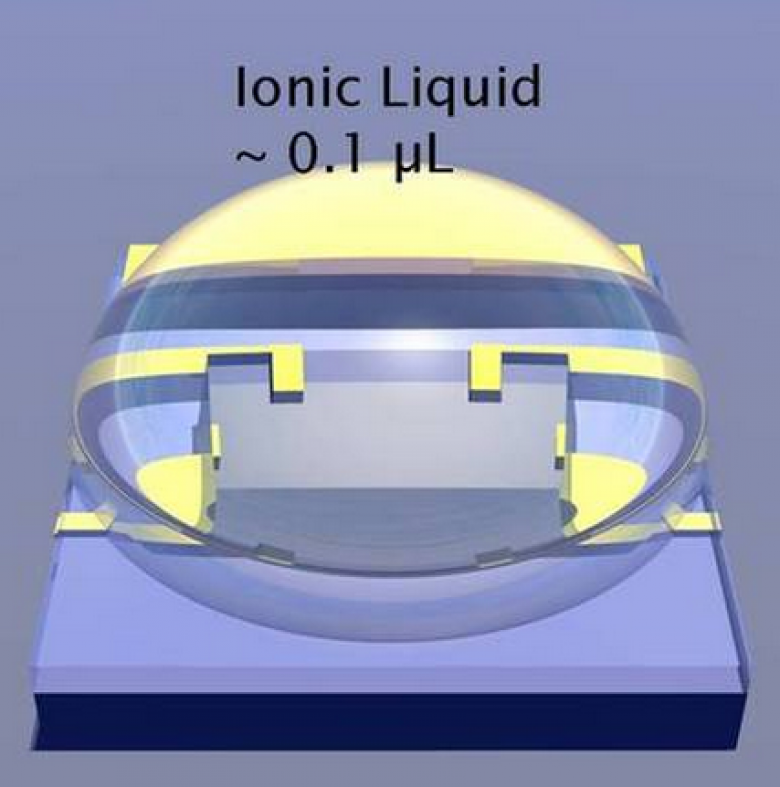IBM materials breakthrough could lead to human brain-like chips
IBM researchers have discovered a materials breakthrough that could lead to processors that use less power and operate the way a human brain does.
Silicon-based processors rely on electronics and voltage being ushered through a channel. These semiconductors, which power PCs, tablets and smartphones today, were thought under Moore's Law to double performance every two years with lower costs and size. However, new manufacturing techniques will be needed as Moore's Law hits physical limits.
IBM's discovery, published in the latest edition of Science, flips the current semiconductor manufacturing process. In a nutshell, IBM scientists found a way to power chips with ionic currents, streams of charged molecules that operate in an "event driven" way like the human brain. These processors would likely ride shotgun with silicon-based chips.










































































